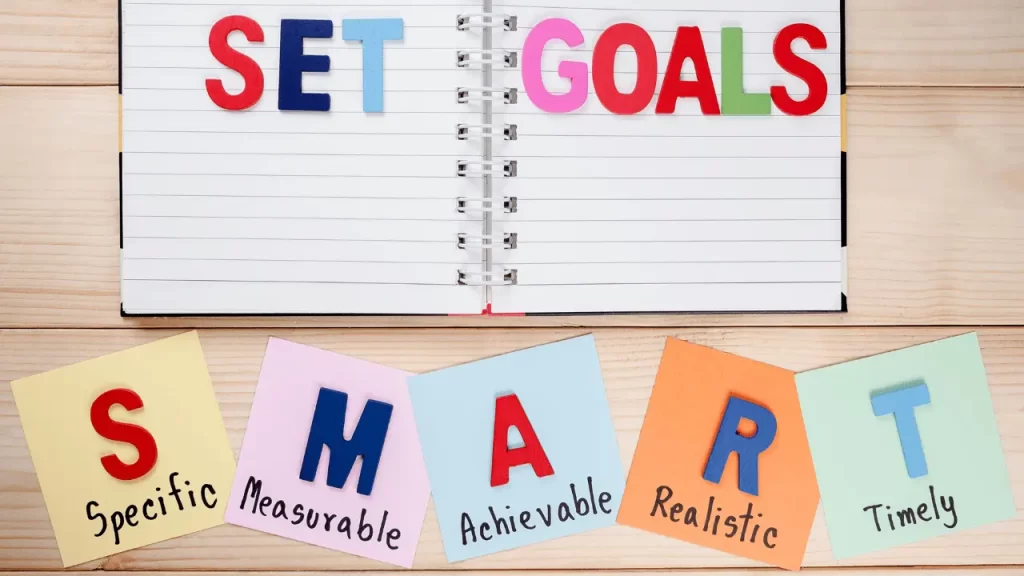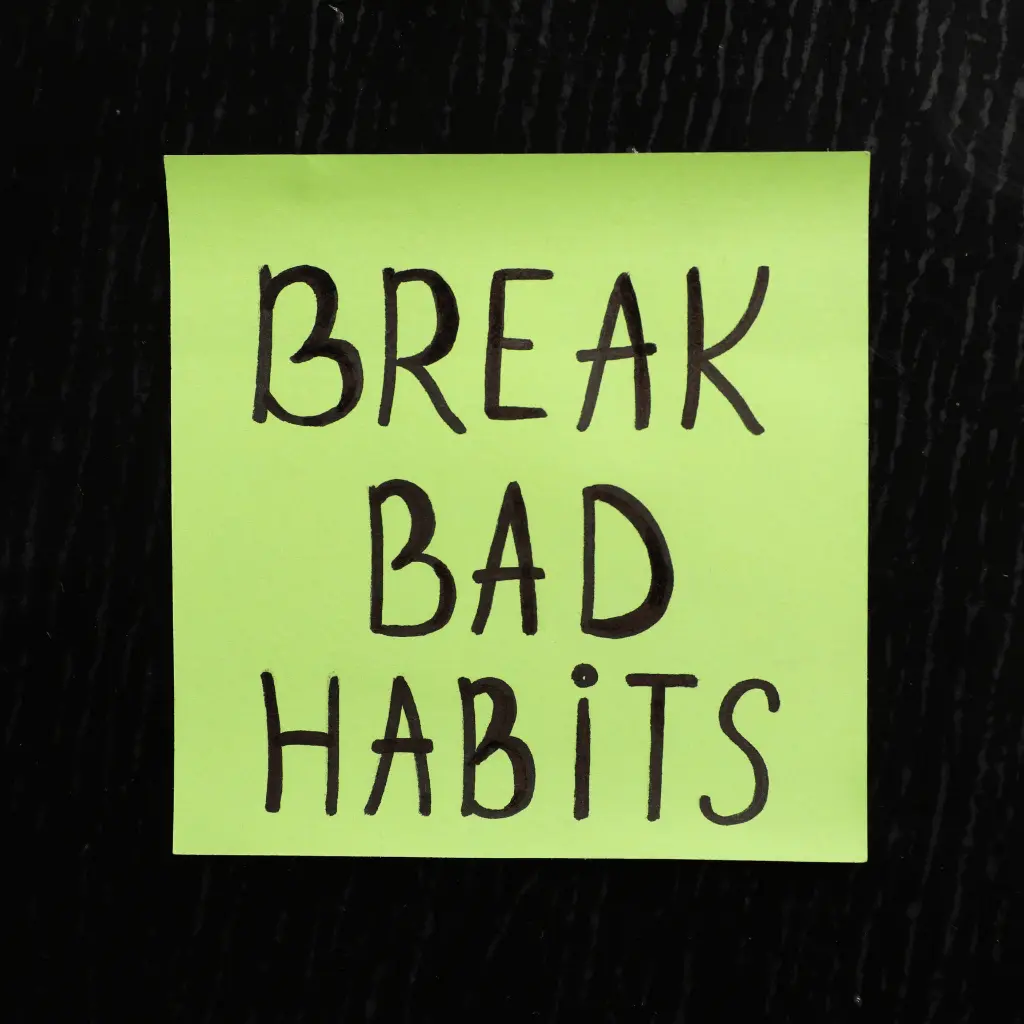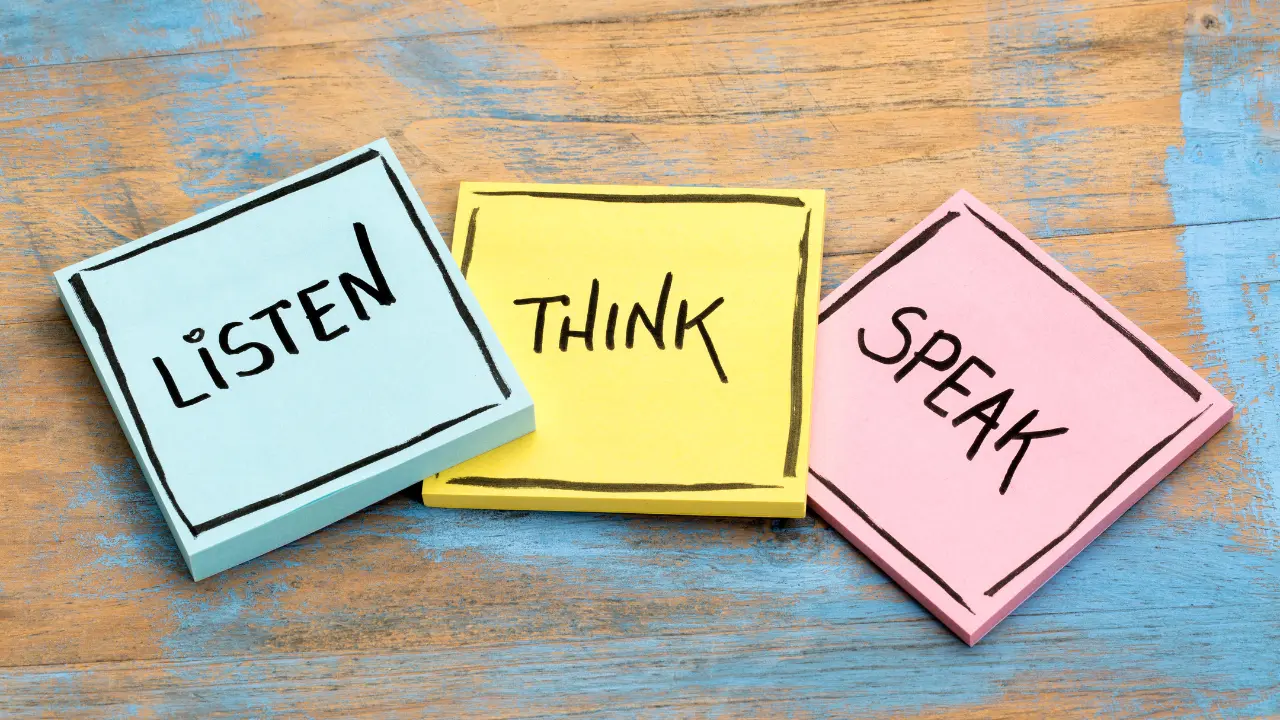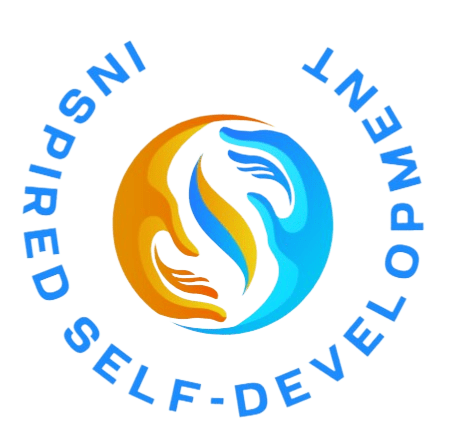Systematic Self Improvement
Techniques

- Jose Flores
Share Article:
The Foundation of Systematic Self-Improvement
Systematic self-improvement techniques stand out as essential tools for achieving success and fulfillment. These techniques are not just about sporadic efforts towards improvement but about adopting a structured and consistent approach to unlock one’s true potential. From setting meaningful goals to mastering the art of time management, this guide explores various facets of self-improvement in depth.
The Foundation of Systematic Self-Improvement
Embarking on a journey of self-improvement requires a foundation built on self-awareness, discipline, and a desire for continuous growth. It’s about recognizing your potential and methodically working towards realizing it. This journey is personal and unique, driven by individual aspirations and the commitment to transform those aspirations into reality.

Goal Setting: The Blueprint for Success
Understanding SMART Goals
The concept of SMART goals is not just about setting objectives; it’s about crafting a clear roadmap to achieve them. These goals should be:
- Specific: Clear and well-defined goals provide a direct path to achievement. For instance, instead of “I want to be healthier,” aim for “I want to lose 10 pounds in 3 months by exercising 4 times a week and eating vegetables with every meal.”
- Measurable: Establish concrete criteria for measuring progress. Tracking your advancements reinforces motivation and provides insight into your progress.
- Achievable: Set goals that are challenging yet within reach. Unrealistic goals can be demotivating, while achievable goals foster a sense of accomplishment.
- Relevant: Your goals should align with your values and larger life plans. Relevant goals resonate more deeply, driving motivation and commitment.
- Time-Bound: Deadlines create urgency and prompt action. Setting a timeframe for your goals helps prioritize tasks and keeps you focused.
The Role of Vision Boards
Creating a vision board can be a powerful complement to goal setting. By visualizing your goals through images and words, you create a tangible reminder of your aspirations, which can enhance motivation and focus.
Related: How to Set SMART Goals

Habit Formation
Related: Habits: The Building Blocks
Habit formation is pivotal in the realm of self-improvement. Positive habits lay the groundwork for achieving your goals and fostering long-term growth.
Breaking Down the Habit Loop
Understanding the habit loop—cue, routine, reward—provides insights into how habits form and how they can be changed. For instance, if you’re trying to build a habit of reading before bed, your cue could be setting an alarm for a specific time each evening, the routine would be reading for 30 minutes, and the reward might be the relaxation and knowledge gained from reading.
Leveraging Technology for Habit Tracking
Several apps and tools can help you track your habits, providing reminders and tracking progress. Leveraging technology can simplify the process of habit formation and provide the necessary support to ensure consistency.
Enhancing Productivity and Time Management
Mastering productivity and time management is crucial for systematic self-improvement. It’s about making the most of your time and focusing on activities that align with your goals.
The Pomodoro Technique: Focused Work Sessions
The Pomodoro Technique is a time management method that breaks work into intervals, traditionally 25 minutes in length, separated by short breaks. This approach not only enhances focus and concentration but also mitigates the risk of burnout by ensuring regular rest periods.
TomatoTimer: A free online Pomodoro Technique timer to manage your work sessions.
Focus Booster: A Pomodoro app that offers detailed reporting to analyze your productivity.
Time Blocking: Structuring Your Day
Time blocking involves allocating specific chunks of time to different tasks or activities throughout the day. This method not only aids in effective time management but also ensures that your most important tasks receive the attention and effort they deserve.
Prioritization: Focusing on What Matters Most
The Eisenhower Matrix, a simple yet effective tool for task prioritization, helps distinguish between tasks based on their urgency and importance. This method encourages focusing on tasks that are important for long-term success and personal growth, rather than those that merely appear urgent.

Cultivating Mindfulness and Emotional Intelligence
Cultivating Mindfulness and Emotional Intelligence
Mindfulness and emotional intelligence are integral to self-improvement, enhancing mental well-being, focus, and interpersonal relationships.
Mindfulness Techniques
Headspace: Guided meditation and mindfulness exercises for beginners and seasoned practitioners.
- Mindful Breathing: Simple breathing exercises can center your thoughts and reduce stress, making it easier to focus on the present moment.
- Daily Meditation: Incorporating meditation into your daily routine can significantly enhance mindfulness, improving your ability to concentrate and remain calm under pressure.
Developing Emotional Intelligence
Journaling for Emotional Intelligence: Techniques and prompts for using journaling to enhance self-awareness and empathy.
- Journaling for Self-Reflection: Regular journaling can boost self-awareness, allowing you to explore and understand your emotions more deeply.
- Practicing Empathy: Actively trying to understand and share the feelings of others can improve your relationships and communication skills, a key component of emotional intelligence.
FAQs on Systematic Self-Improvement
How can I effectively track my progress towards my goals?
Tracking progress can be effectively managed through regular journal entries, maintaining a goal tracker in a planner, or using digital apps designed for goal tracking. Regular review sessions, such as weekly or monthly check-ins, can help you assess your progress and make necessary adjustments to your strategies.
What should I do if I fail to stick to a new habit?
Failure to stick to a new habit is not uncommon and should be viewed as part of the learning process. When this happens, reassess the habit to ensure it’s realistic and achievable, consider modifying your approach, and reflect on what barriers prevented consistency. Persistence and flexibility are key to overcoming these challenges.
Can mindfulness practice improve my productivity?
Yes, mindfulness practices can significantly improve productivity by enhancing concentration, reducing stress-induced distractions, and fostering a greater sense of calm and clarity. By being more present and engaged, you can tackle tasks more efficiently and effectively.
- All Posts
- Mindset Mastery
- Self-Development

Unearth the parts of yourself you’ve hidden with “What Is Shadow Work?”—a concise guide featuring a 7-day journaling challenge, expert...

Delayed gratification is a powerful skill that can transform your life by prioritizing long-term rewards over immediate desires. Discover its...

Explore practical tips and insights for creating a conducive environment that promotes personal growth and development.

Systematic self-improvement techniques stand out as essential tools for achieving success and fulfillment. These techniques are not just about sporadic...

Articulation is not merely about the accuracy of speech; it encompasses the ability to express thoughts in a clear, effective,...

In an age where the written word can be both a sword and a shield, being literate transcends merely being...
Welcome

Hey there! I’m Jose Flores, your guide on this journey of self-discovery and inspired living. As a passionate advocate for personal development, I believe that every small step we take leads to profound transformation. Join me as we navigate the twists and turns of life, uncovering the secrets to self-mastery, mindfulness, and positive growth



